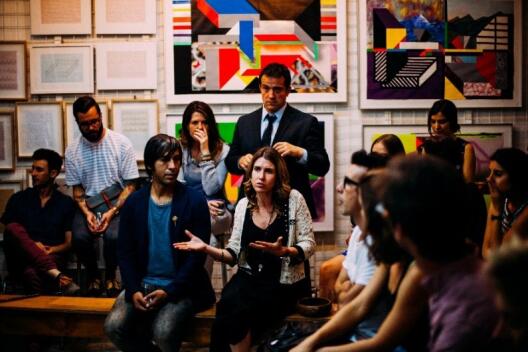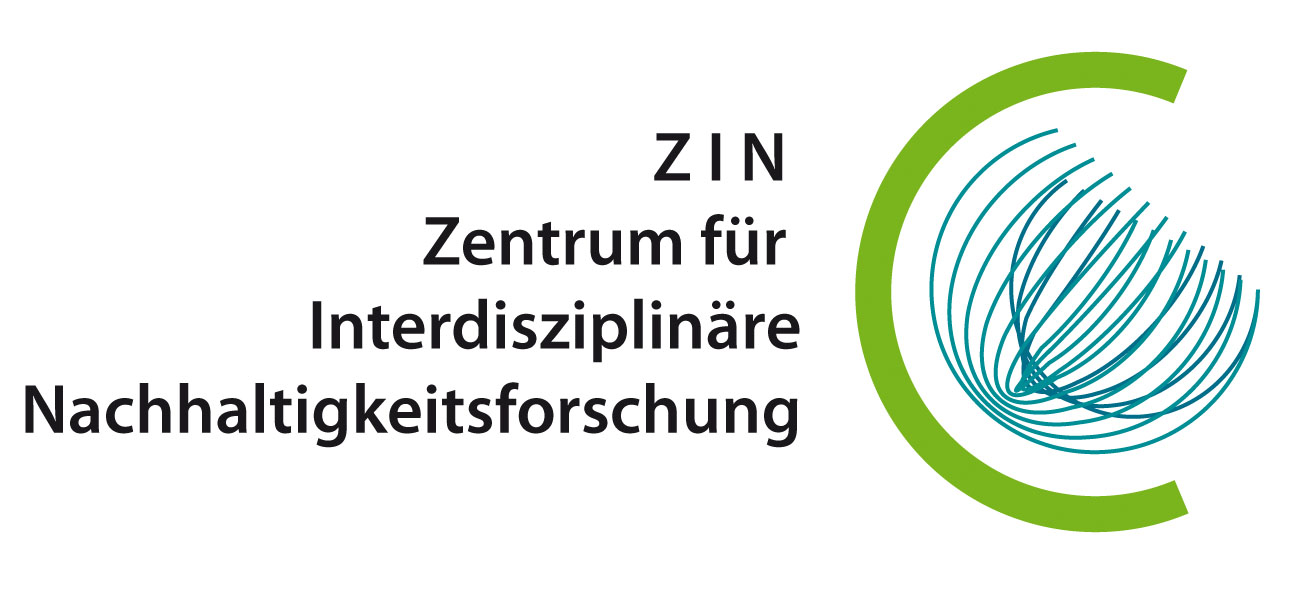Case Studies
Within the framework of the ENGAGE project five case studies investigate which factors inhibit or promote the engagement and participation of citizens to contribute to sustainable public welfare. The case studies look at different formats of engagement and participation:
-
State organised, informal participation on the national level
(case study conducted by the Öko-Institut e.V.) -
State organised, informal participation on the municipal level
(case study conducted by the Center of Inderdisciplinary Sustainability Research) -
Involvement in associations
(case study conductet by the Institute for Ecological Economy Research) -
Decentralised and self organised engagement in so called "critical creative milieus"
(case study conducted by the Institute for Ecological Economy Research) -
Decentralised and self organised engagement in so called "traditional and precarious milieus"
(case study conducted by the Öko-Institut e.V. in cooperation with the Institute for Social-Ecological Research)
In cooperation with the Office for Green Spaces, Environment and Sustainability for the City of Münster, the ENGAGE team of the ZIN conducted a 3-day citizens' dialogue from 23. - 25. of September 2021, in which 29 randomly selected citizens from Münster developed ideas for improving the sustainability of the food system in Münster. Under the #tatenfuermorgen, the citizens' dialogue was also part of the Council for Sustainable Development's "Sustainability" action days.
Research Design
In order to make the citizens' dialogue as inclusive as possible, the IDPF Wuppertal (Institute for Democracy and Participation Research) recruited the dialogue participants according to a random based mini public model. A representative picture of the city population was to be achieved on the basis of a random draw from the population register of the city of Münster.
The methodological design of the citizens' dialogue was also tailored to enable the various participants to contriubte in equal terms and to create a climate of trust in the discussion. With a view to the goal of promoting the common good, methods were also used to encourage participants to change their perspective, i.e. to reflect on the interests and needs of other citizens or groups of people affected by the dialogue topic.
Obejectives and Results
Together, the citizens developed ideas for improving the sustainability of the food system in Münster. Eight guidelines for a more sustainable food system in Münster were developed, covering food production in urban areas, networking opportunities for different actors, a sustainable restructuring of agriculture, waste avoidance, school and day-care catering, the promotion of a sustainable and diverse food culture, information and transparency as well as education on issues of healthy and sustainable nurition.
The results were exhibited on the 6. of October 2021 in the science box of the WWU, a converted shipping container, on Stubengasse Münster, in order to make them accessible to the citizens of Münster and to stimulate further discussion in the citizenry. Matthias Peck, the city councillor responsible for housing, real estate and sustainability, was also present to learn abour the citizens' dialogue in person. The results of the citizens' dialogue were also brought to the City of Münster's Commitee for Environment Protection, Climate Protection and Building (AUKB).
The adopted guard rails for a more sustainable food system in Münster can be read in detail here.
Photos

The Institute for Ecological Economy Research is conducting a case study in the field of citizens' involvement in associations. Although proportionally few people spend their most time consuming voluntary activity within the framework of associations, they still have high numbers of members. In addition, different population groups are represented, although older people and men are more likely than average to be involved in associations.
Research Design
Within the framework of the case study, special attention was paid to selecting associations that include the social and ecological dimension of sustainability among their objectives. Accordingly, the AWO, as an example of a social and welfare association, and the BUND, as an example of an environmental and nature conservation association, were chosen as case studies.
In the first step, a literature analysis on associations and engagement in associations in general and the two selected associations in particular was carried out in order to obtain a basic understanding of relevant discussion strands and topics. In addition to the two case studies, an analysis of documents addressing aspects of engagement and the common good was conducted, limited to the last 10 years. Finally, six qualitative, guideline based expert interviews were conducted for each association in order to compare the written claim with reality and to compare the goals to the results of the engagement.
Objectives and preliminary results of the case study
The preliminary results of the case study with young engaged people at the "LCOY - Young Climate Conference Germany" on 15. October 2021 in Kassel and first approaches to improve framework conditions of engagement were discussed with them.
Finally, on the 16. of November 2021, a digital workshop "Association representatives in conversation - association engagement for a sustainable common good" was held with representatives of AWO, BUND, Caritas, NABU, Paritäter and the Federal Network for Civic Engagement. The aim of the workshop was to formulate cross association policy recommendations in addition to inhibiting and promoting factors of engagement for the promotion of sustainable common good. These should also help to promote the potential for the common good of engagement in associations.
The final analysis of the results as well as further details of the workshop and the case study will soon be available in the case study report.








